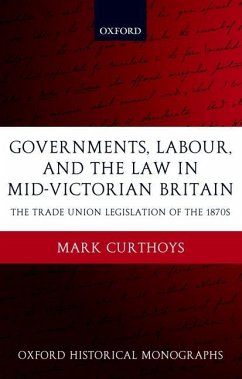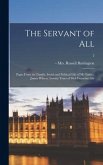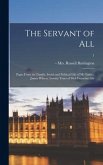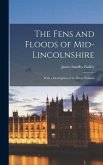After the repeal of the Combination Acts in the 1820s collective labour enjoyed limited freedoms. When this regime collapsed under judicial challenge, governments were obliged to devise a new legal framework for trade unions and strikes, enacted between 1871 and 1876. Drawing extensively upon previously unused governmental sources, this study affords many wider insights into the nature and inner workings of the mid-Victorian state, tracing the impact upon policy-makers of contemporary assaults upon classical political economy, and of the historicized critiques of labour law developed by Liberal writers. As contending views of 'free trade' and 'free labour' came into collision, an official view was formed which favoured allowing an unrestricted freedom to combine and sought to withdraw the criminal law from peaceful industrial relations.
This book explains why governments decided to make trade unions legal, and protect strikers from the criminal law. Drawing on previously unused source material, Curthoys brings to light some of the workings of the nineteenth-century state.
This book explains why governments decided to make trade unions legal, and protect strikers from the criminal law. Drawing on previously unused source material, Curthoys brings to light some of the workings of the nineteenth-century state.








